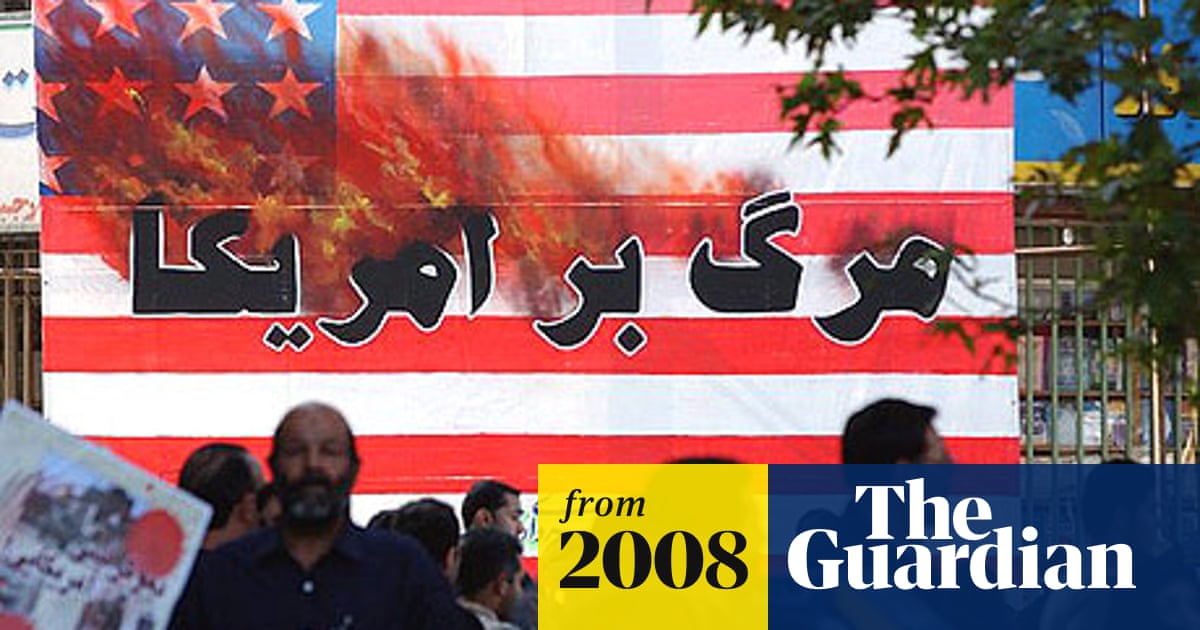Re: Consequences Of Attacking Iran And Why Tehran Is Not Worried
U.S. capitulates on its position about negotiating with terrorists and negotiating with Iran only after the unconditionally cease uranium enrichment, intends to send special envoy William Burns to Switzerland this weekend to participate in negotiations in Switzerland between Iran and EU over Iran's nuclear program.
http://www.inthenews.co.uk/news/autocodes/countries/switzerland/us-envoy-meet-iranian-nuclear-negotiator-$1231934.htm
http://www.independent.co.uk/news/wo...ps-869732.html (Burns only there to listen, will not talk, submit brief consist with policy and in line with UN demands that Iran cease enrichment before any settlement ---umm, what's left to settle after they cease enrichment.)
Either the U.S. is being sincere or they are doing this as a pre-text to explain later that they attempted to resolve the issue mano y mano but it failed and we had to pre-emptive strike for national security and our own national interests in protecting Israel. As they have already indicated that this is a one-time thing, I think the latter may be more likely than the former as W's time is running down. In the end, W may be afraid of being told that he is "all hat and no cattle".
U.S. capitulates on its position about negotiating with terrorists and negotiating with Iran only after the unconditionally cease uranium enrichment, intends to send special envoy William Burns to Switzerland this weekend to participate in negotiations in Switzerland between Iran and EU over Iran's nuclear program.
http://www.inthenews.co.uk/news/autocodes/countries/switzerland/us-envoy-meet-iranian-nuclear-negotiator-$1231934.htm
http://www.independent.co.uk/news/wo...ps-869732.html (Burns only there to listen, will not talk, submit brief consist with policy and in line with UN demands that Iran cease enrichment before any settlement ---umm, what's left to settle after they cease enrichment.)
Either the U.S. is being sincere or they are doing this as a pre-text to explain later that they attempted to resolve the issue mano y mano but it failed and we had to pre-emptive strike for national security and our own national interests in protecting Israel. As they have already indicated that this is a one-time thing, I think the latter may be more likely than the former as W's time is running down. In the end, W may be afraid of being told that he is "all hat and no cattle".












Comment